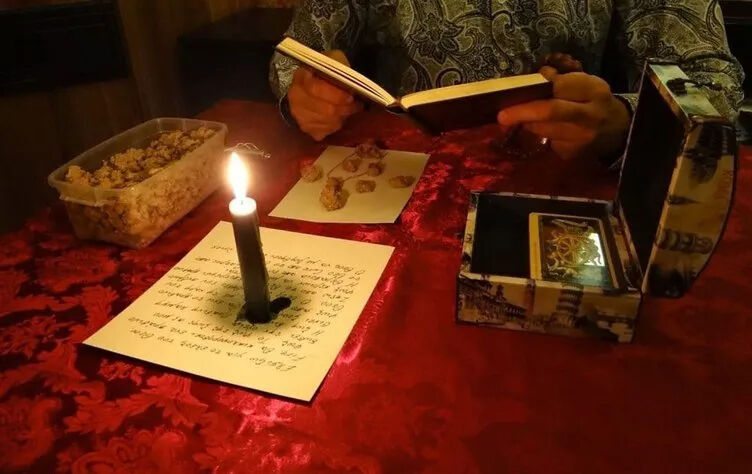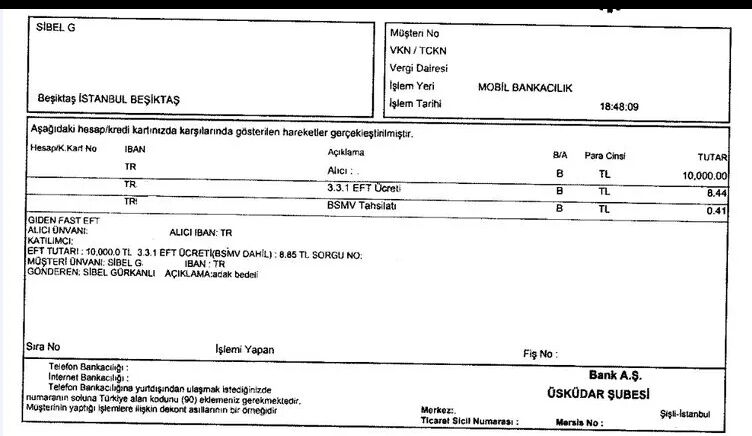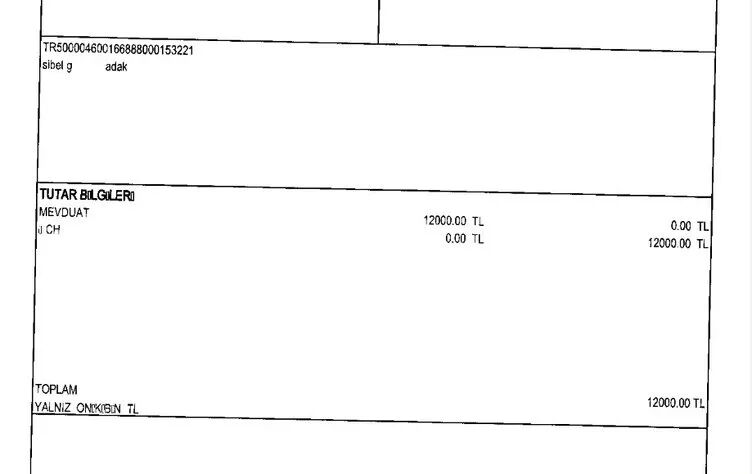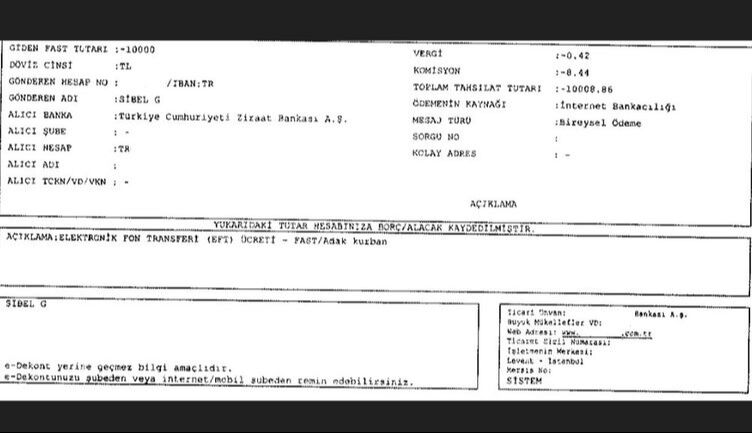
A 49-year-old Turkish businesswoman from Istanbul, Sibel G., lost $3,500 (₺127,000) to a fraudulent Instagram account operated by a self-proclaimed "spiritual healer."
The scam unfolded over several months, exposing the dangers of online fraud and social media scams.

Sibel G., a company manager, turned to religious rituals to cope with personal difficulties. In September 2024, she discovered an Instagram account operated by someone calling himself "Medyum Omer Hoca."
The account promised solutions to personal problems, including rekindling relationships and inducing love spells. Posts included disturbing images such as nails driven into hearts, burning candles in cemeteries, and masks inscribed with names, giving an illusion of legitimacy.
Convinced by these posts, the Turkish businesswoman contacted the man via WhatsApp. Over several transactions, she sent him $1,300 (₺47,000) to perform votive offerings. The man sent videos of these rituals and reassured her with messages like "May God accept it."

The scam intensified when "Omer Hoca" claimed to work with a butcher named Mustafa, who he said provided the animals for the offerings.
Omer Hoca told Sibel G. that larger offerings were necessary and demanded an additional $1,300 (₺46,000) lira.

When the Turkish businesswoman questioned these demands, he tried to calm her with statements like, "Leave the rest to me."
Shortly after, Mustafa contacted Sibel directly. He accused Omer Hoca of failing to pay him and demanded $2,500 (₺86,000) from Sibel. Mustafa even threatened to file a complaint and accused her of collaborating with Omer Hoca.
Feeling pressured, Sibel sent him another $500 (₺20,000) in hopes of resolving the situation, but the harassment continued.

Mustafa later claimed he had hacked Turkish businesswoman Sibel's phone and accessed personal messages, including conversations with her ex-husband.
He used this information to intimidate her further, threatening harm if she did not comply with his demands. Fearing for her safety, Sibel sought help from the Istanbul Anadolu Public Prosecutor's Office.

The prosecutor's office began investigating the fraud, uncovering a complex scheme. The perpetrators used unregistered mobile phone lines, often referred to as "ghost numbers," and bank accounts under other individuals' names. One account holder claimed to be illiterate and unaware of the account’s existence.
Authorities criticized Sibel for failing to exercise due diligence. They emphasized that legitimate votive offering services are readily available in many locations across Istanbul.
They warned against trusting unverified individuals online and urged the public to thoroughly verify service providers before making payments or sharing personal information.